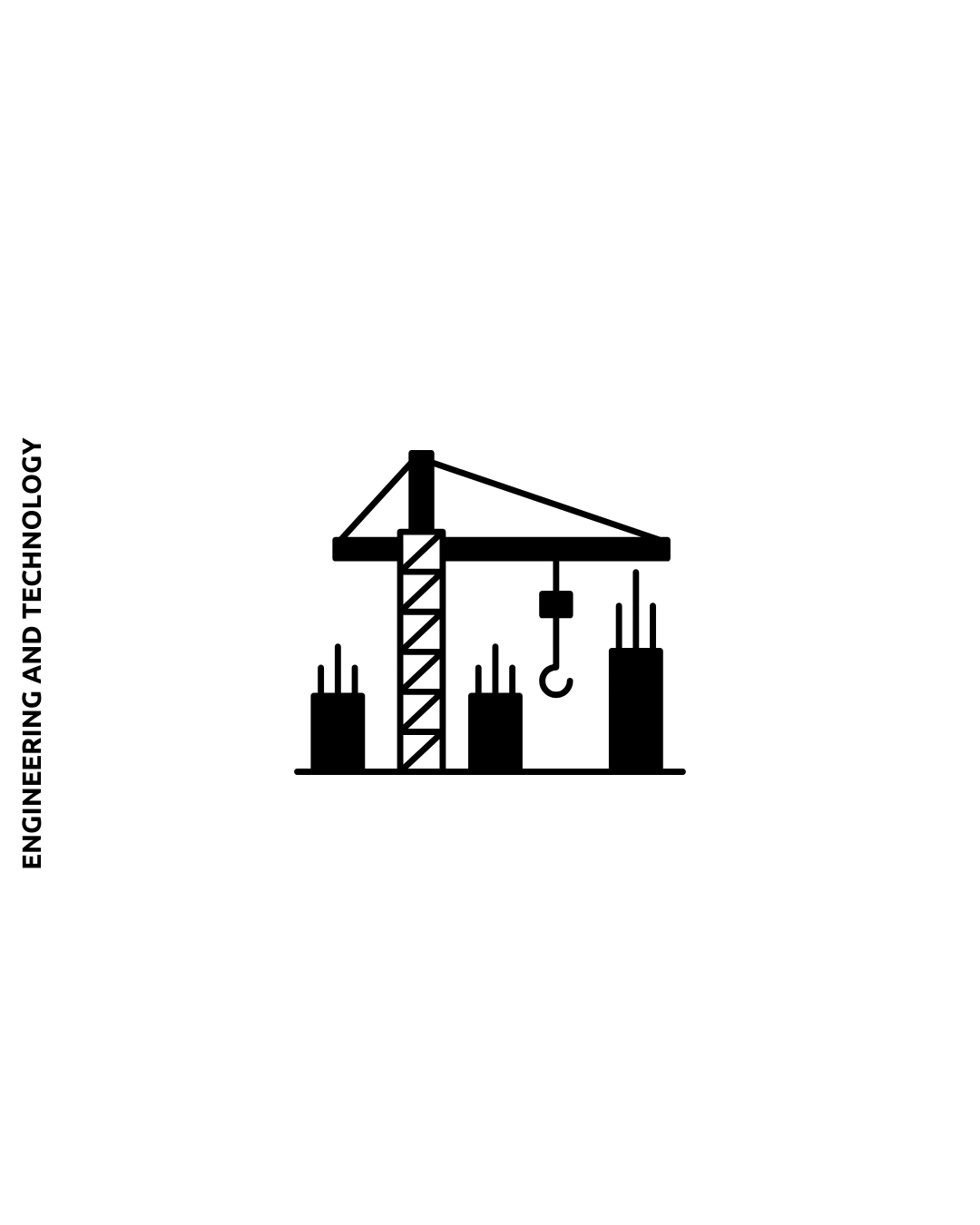Description
A Bachelor of Technology in Civil Engineering (B.Tech in Civil Engineering) is an undergraduate degree that focuses on the design, construction, and maintenance of infrastructure projects such as buildings, bridges, roads, water supply systems, and environmental facilities. This program equips students with both theoretical knowledge and practical skills essential for engineering practice in the civil engineering field.
Curriculum Overview
The curriculum for a B.Tech in Civil Engineering typically consists of core engineering subjects, specialized civil engineering courses, and hands-on laboratory and project work. Here?s an overview of common subjects and topics covered in the program:
Engineering Mathematics:
Advanced mathematical techniques used in engineering applications, including calculus, differential equations, and linear algebra.
Engineering Mechanics:
Fundamental principles of mechanics, including statics, dynamics, and the mechanics of materials, relevant to civil structures.
Fluid Mechanics:
Study of fluid properties and behaviors, essential for understanding water supply systems and hydraulic engineering.
Structural Analysis:
Techniques for analyzing and designing structural components such as beams, columns, and trusses under various loading conditions.
Geotechnical Engineering:
Exploration of soil mechanics, foundation design, and interaction between soil and structures.
Concrete Technology:
Properties, mix design, and applications of concrete in construction, including durability and sustainability considerations.
Transportation Engineering:
Principles of designing and managing transportation systems, including highways, railways, and airport facilities.
Environmental Engineering:
Study of waste management, water and air pollution control, and sustainable practices in civil engineering.
Construction Management:
Overview of project management techniques, construction planning, and cost estimation in engineering projects.
Surveying:
Techniques for measuring distances, angles, and elevations to accurately map and design construction sites.
Building Materials and Construction Technology:
Study of materials used in construction and modern construction practices and techniques.
Engineering Project:
A project that applies engineering principles to design, analyze, or construct a civil engineering work; often includes practical work or research.
Electives/Specialization Courses:
Students may choose electives related to areas such as earthquake engineering, bridge design, urban planning, or smart city technology.
Career Opportunities
Graduates with a B.Tech in Civil Engineering have a wide range of career opportunities in public and private sectors. Some potential job roles include:
Civil Engineer: Designing, planning, and overseeing construction projects to ensure they meet required standards and safety regulations.
Structural Engineer: Specializing in designing and analyzing structures to ensure they are safe and effective under various environmental conditions.
Geotechnical Engineer: Focusing on the behavior of soil and rock, assessing site conditions for foundation design and stability.
Construction Manager: Overseeing construction projects, managing teams, budgets, and timelines to ensure project completion.
Transportation Engineer: Designing and implementing transportation systems, improving safety, efficiency, and environmental impact.
Environmental Engineer: Working on projects that focus on improving environmental quality, including waste treatment and pollution control.
Urban Planner: Involving in the development of land use plans, zoning regulations, and community development projects.
Water Resources Engineer: Specializing in water supply, distribution systems, and hydrology, ensuring sustainable water resources management.
Quantity Surveyor: Managing project costs, estimating quantities of materials needed, and overseeing budget compliance during construction.
Academic/Research Roles: Pursuing careers in teaching or research at universities and engineering institutions.
Further Education
Graduates may opt to pursue further studies such as a Master?s degree in Civil Engineering, Structural Engineering, Environmental Engineering, or related fields to specialize further. Certifications in specific software (e.g., AutoCAD, SAP2000) or areas of civil engineering can also enhance employability and career growth.
If you have any further questions about the curriculum, potential career paths, or other aspects of a Bachelor of Technology in Civil Engineering, feel free to ask!









